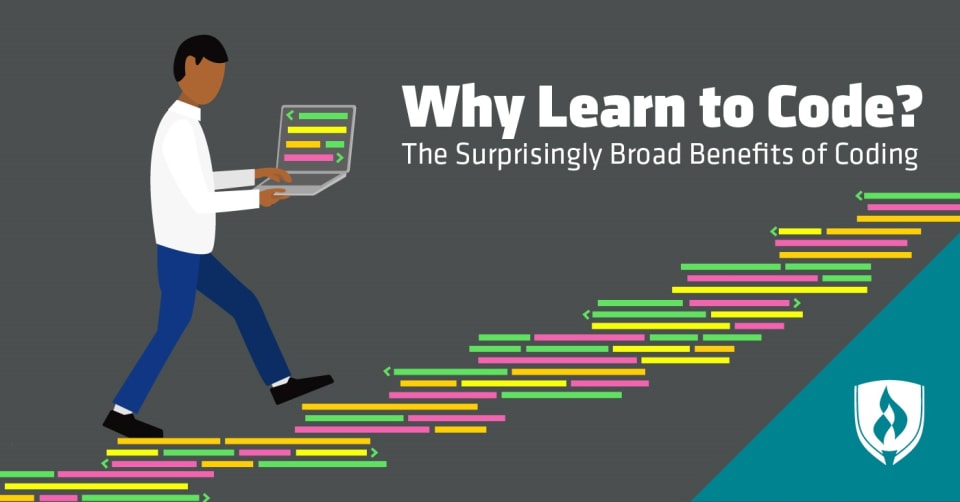Introduction
In today’s tech-driven world, two fields dominate career discussions: coding and cloud computing. Both promise lucrative opportunities, but they cater to different interests and skill sets. If you’re starting your journey in tech, deciding between these paths can feel overwhelming. This article breaks down the differences, career prospects, and learning curves to help you choose the right path for your goals.
What is Coding?
Coding (or programming) involves writing instructions for computers using languages like Python, JavaScript, or Java. Developers create software, apps, websites, and algorithms to solve problems or automate tasks.
Key Skills:
- Proficiency in programming languages (e.g., Python, C++, JavaScript).
- Logical thinking and problem-solving.
- Understanding of data structures and algorithms.
- Familiarity with frameworks (React, Django) and tools like Git.
Applications:
- Web development (front-end/back-end).
- Mobile app development.
- AI/ML, data science, and game design.
What is Cloud Computing?
Cloud computing focuses on delivering services like storage, servers, and databases over the internet. Professionals deploy, manage, and optimize cloud infrastructure using platforms like AWS, Azure, or Google Cloud.
Key Skills:
- Knowledge of cloud platforms (AWS, Azure).
- Networking and cybersecurity basics.
- DevOps practices (CI/CD pipelines, Kubernetes).
- Cost management and scalability strategies.
Applications:
- Migrating on-premise systems to the cloud.
- Building scalable web apps.
- Disaster recovery and data analytics.
Coding vs. Cloud: Key Differences
1. Learning Curve
- Coding: Requires patience to master syntax, debugging, and logical structures. Beginners often face a steep curve but gain momentum with practice.
- Cloud: Demands understanding of IT infrastructure, networking, and platform-specific tools. Certifications (e.g., AWS Certified Solutions Architect) can accelerate learning.
Verdict: Coding is more accessible for absolute beginners, while cloud suits those with basic IT knowledge.
2. Career Opportunities
- Coding Roles:
- Software Engineer, Web Developer, Data Scientist.
- High demand in startups, tech firms, and freelance markets.
- Cloud Roles:
- Cloud Engineer, DevOps Specialist, Solutions Architect.
- Growing demand in enterprises adopting cloud infrastructure.
Verdict: Both fields offer robust opportunities, but cloud roles are booming as companies prioritize digital transformation.
3. Industry Demand
- Coding: Pervasive across industries, but competition is fierce. Specializations (AI, blockchain) increase employability.
- Cloud: Demand surged by 40% in 2023 (LinkedIn data), driven by remote work and hybrid cloud adoption.
Verdict: Cloud computing is experiencing faster growth, but coding remains evergreen.
4. Salary
- Coding: Average salaries range from 70k(entry−levelwebdev)to150k+ (AI specialists).
- Cloud: Cloud engineers earn 90k–160k, with architects exceeding $180k (Payscale).
Verdict: Cloud roles often pay higher, but top-tier coders in niche fields compete closely.
5. Prerequisites
- Coding: Basic math/logic skills. No formal IT background required.
- Cloud: Networking fundamentals and familiarity with OS (Linux/Windows) are advantageous.
6. Future Trends
- Coding: AI tools (GitHub Copilot) may simplify coding, but human creativity remains irreplaceable.
- Cloud: Edge computing, serverless architecture, and hybrid cloud solutions are rising trends.
Which Should You Learn First?
Consider Coding If You…
- Enjoy building products from scratch.
- Prefer creative problem-solving.
- Aim to work in startups, app development, or AI.
Start With: Python or JavaScript for versatility.
Consider Cloud Computing If You…
- Are fascinated by infrastructure and scalability.
- Want to work with enterprises or IT departments.
- Preve operational efficiency over writing code.
Start With: AWS or Azure certifications.
Hybrid Approach
Many roles (DevOps, Full-Stack Engineering) blend both skills. Learning coding basics before diving into cloud scripting (e.g., AWS CLI, Terraform) creates a powerful combo.
Conclusion
Your choice between coding and cloud hinges on interests and career goals. Coding is ideal for creators who love writing software, while cloud suits strategists optimizing infrastructure. For a competitive edge, consider mastering both—tech’s future lies at their intersection.
Start small, stay consistent, and align your learning with industry demands. Whether you code or architect the cloud, the tech world awaits your contribution!
FAQ Section
1. Can I learn coding and cloud computing simultaneously?
Yes! Start with coding basics, then explore cloud platforms. Tools like AWS Lambda or Azure Functions let you deploy code directly.
2. Which has a steeper learning curve?
Coding challenges beginners with abstract concepts, while cloud requires grasping infrastructure. Both demand practice.
3. Which field offers better remote work opportunities?
Both! Developers and cloud engineers often work remotely, but cloud roles may involve managing global systems.
4. Do I need a degree to succeed in these fields?
No. Portfolios (coding) and certifications (cloud) often outweigh degrees.
5. Which is more future-proof?
Cloud computing’s growth is explosive, but coding adapts through new languages and tools.
6. Can a cloud engineer transition into coding later?
Absolutely. Many cloud professionals learn scripting (Python, Bash) to automate tasks.
Read More Article About Tech Career Growth
